Learn about sex and intimacy after prostate canceer
Recovering your sex life and maintaining intimacy after prostate cancer treatment takes work and it helps to be prepared. Get started by learning the basics, making a plan, and taking action on your journey.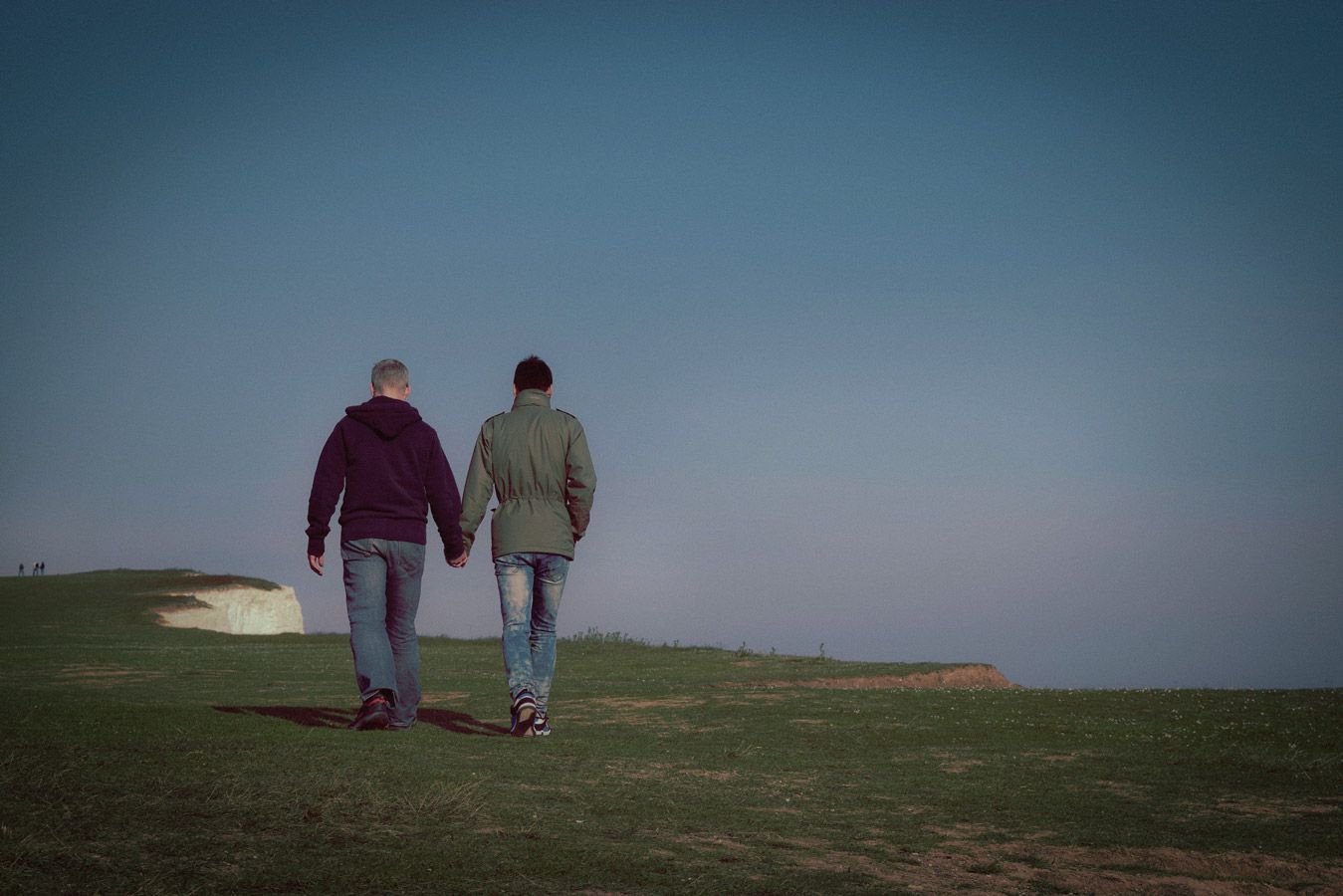
Erectile dysfunction (ED)
Erectile dysfunction (ED) happens when your penis cannot get hard enough to have sex. Learn why this happens after some prostate cancer treatments and what you can do about it.
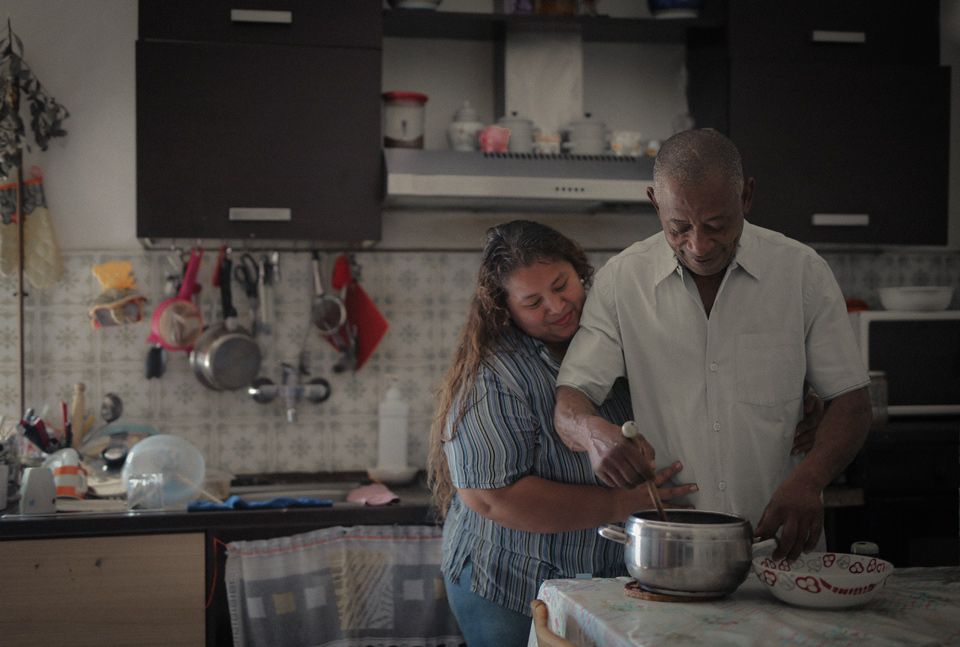
Marriage and relationships
Whether you’re in a long-term relationship or with a new partner, communicating well and planning ahead for sex can help keep you satisfied and connected. No matter your age.
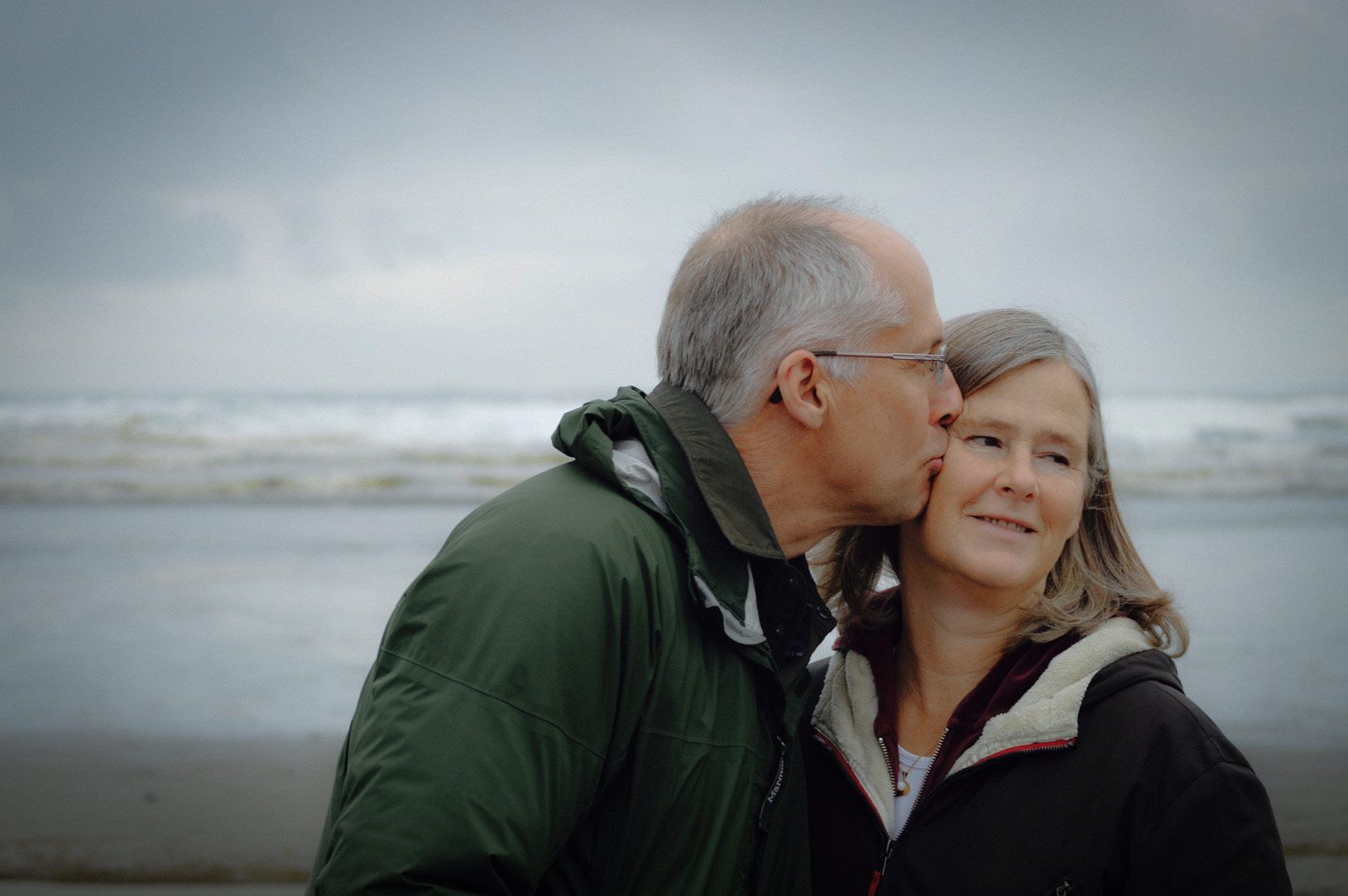
Emotional and mental health
Problems with sex can lead to stress, anxiety, anger and even shame. Learn how to face these challenges and work through them to strengthen your sexual wellbeing.

Exercises and restoring intimacy
Intimacy goes beyond the physical act of sex. Use sensual exercises to explore different ways to experience pleasure and connection with your partner.
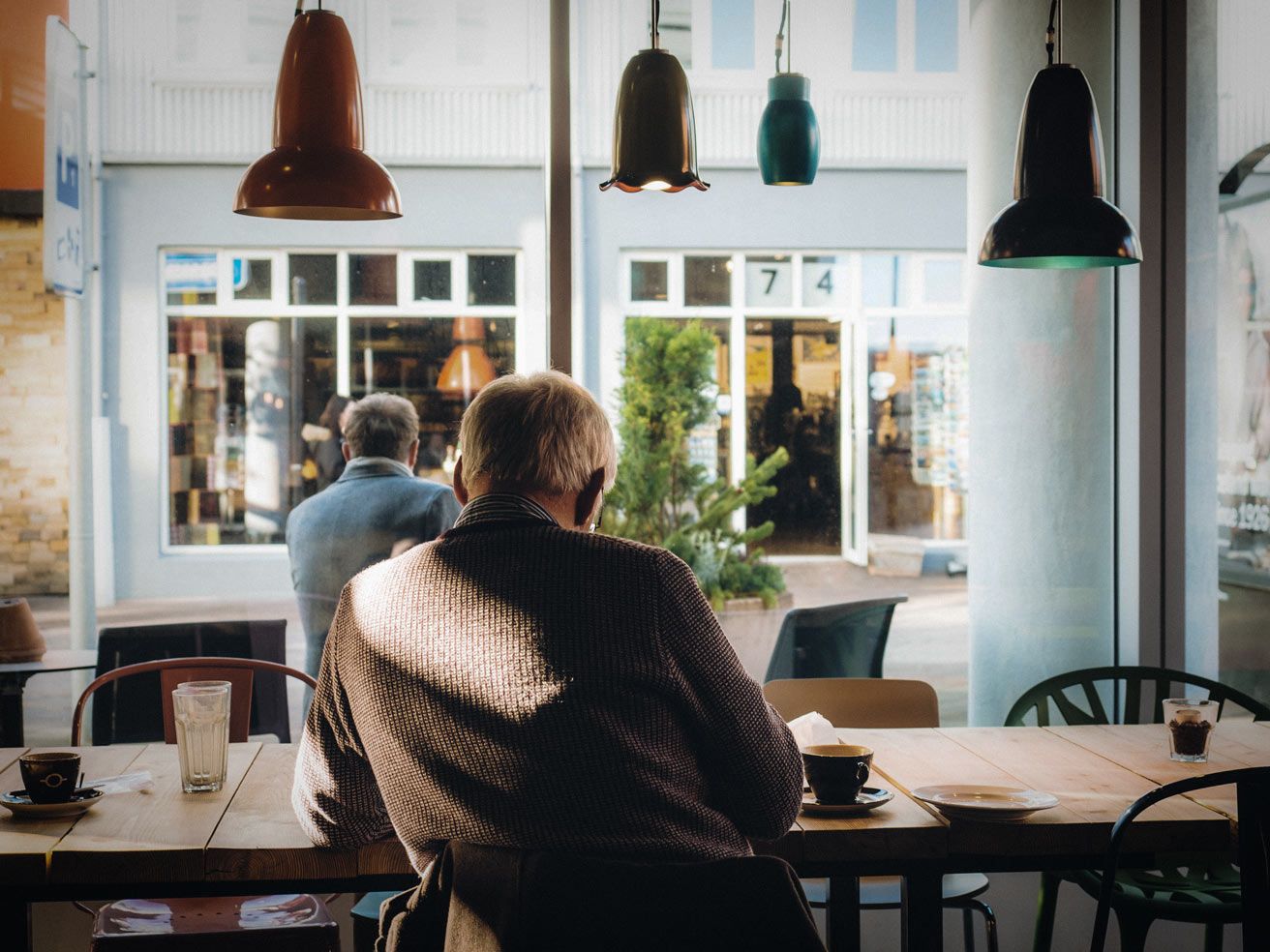
Treatments
Depending on the prostate cancer treatment you’ve had, your sex life can be affected in different ways. Read an overview of each treatment to learn more.
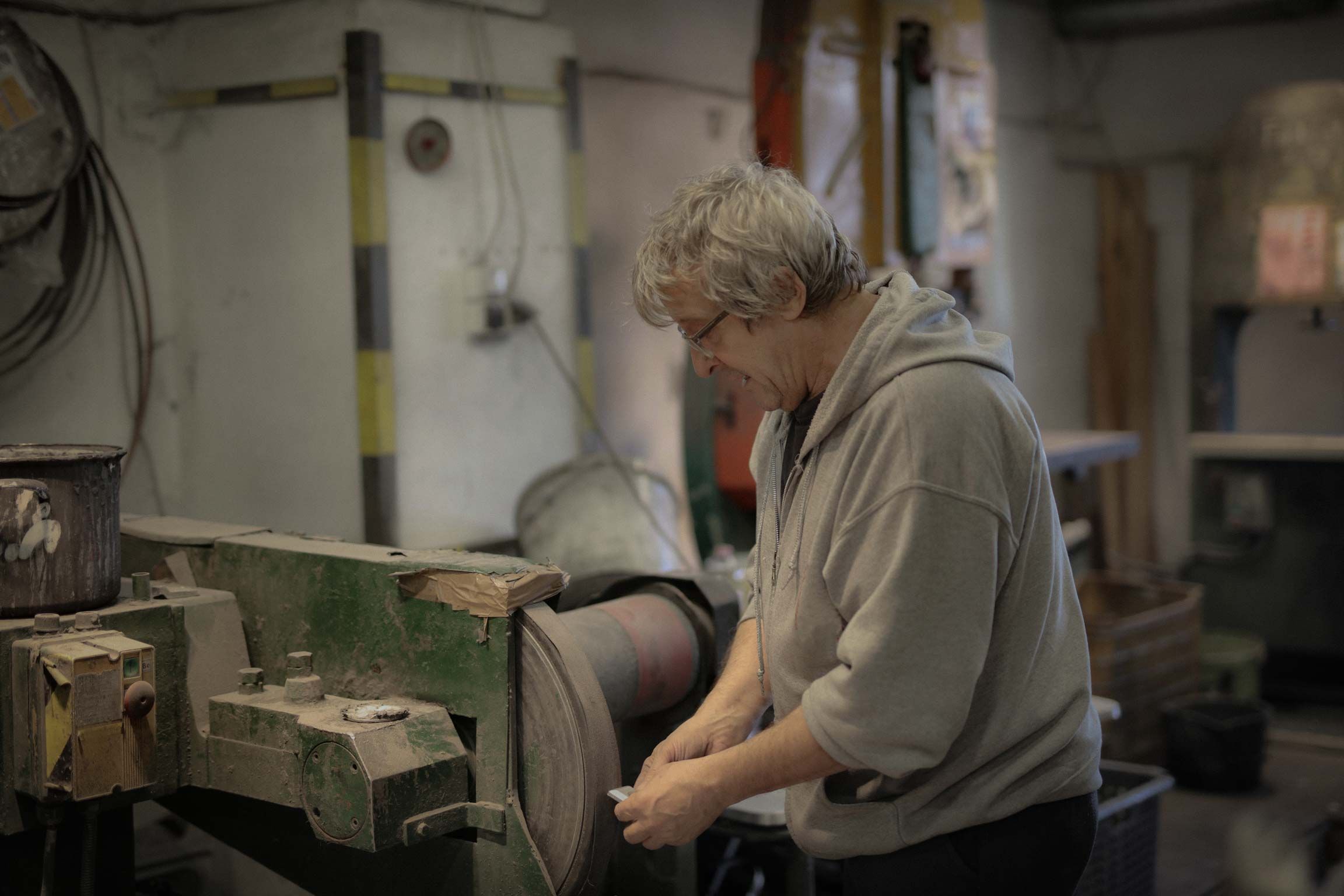
Physical changes after prostate cancer treatment
Knowing what physical changes to expect after prostate cancer treatment, from orgasms to penis size, can help you adapt and heal.